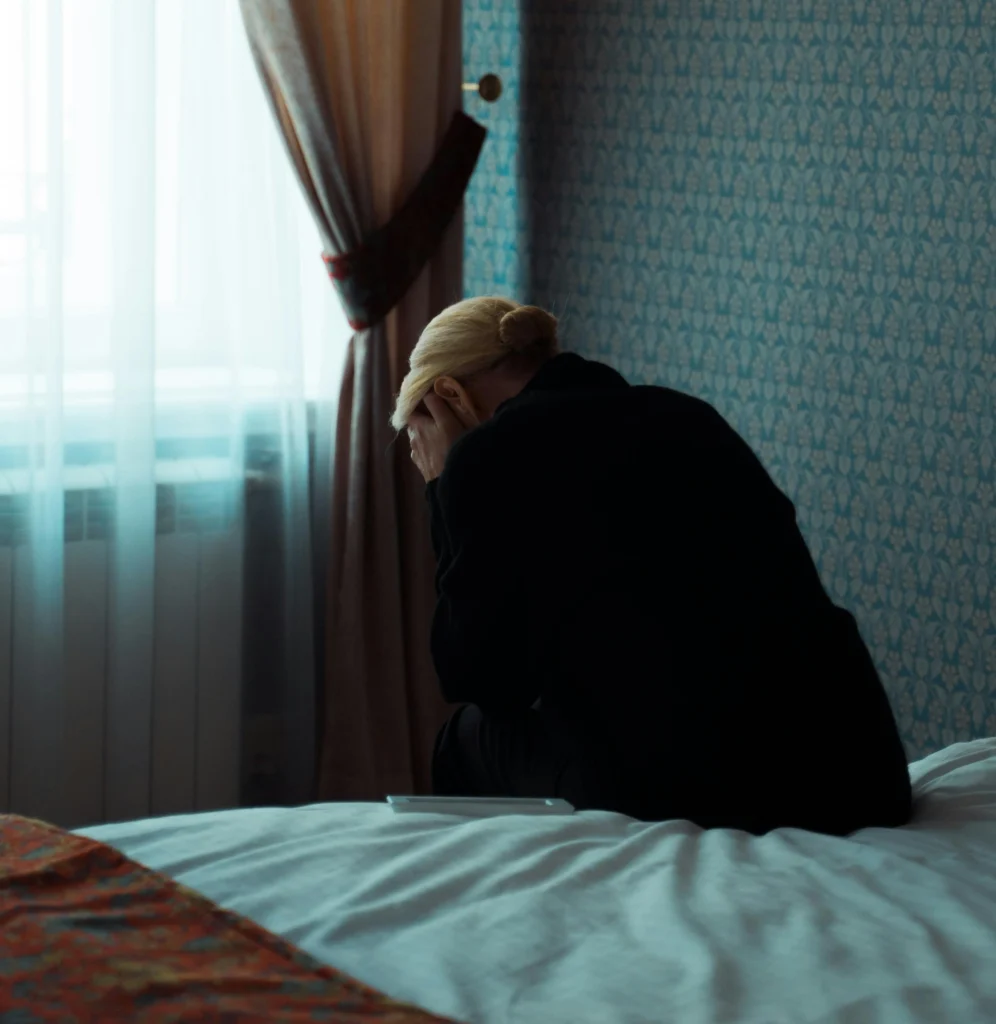
Why Women in Different Cultures Find It Difficult to Leave Abusive Marriages
02/10/2025

Chris English
By Hardeep Roud
Leaving an abusive marriage is never easy, but within different cultures there are factors which make it even more difficult, these can include cultural expectations, traditional beliefs and rigid gender roles. These factors come together to create powerful social, emotional and legal barriers which keep women trapped in abusive marriages.
Women go through a process of long-term cultural conditioning where, in many cultures, marriage is not just a personal union of two people but a powerful ingrained social institution, which is seen as sacred and lifelong. Beliefs that are common in these cultures include “A wife is the property of her husband”, “Once you’re married, your husband becomes your new family” and “The family’s honor depends on a woman’s behaviour”. The former belief of when a woman gets married, she is the property of her husband and his family insinuates that the man and his family have authority over the woman. This also links to control and isolation, as often, she is made to cut ties with her own family. This brings immense pressure on women to maintain and uphold an image of a stable family. From a young age women are taught to follow cultural traditions and beliefs that position enduring abuse and hardship as part of being a good wife. These are cultural values which promote self-sacrifice, obedience, and patience, preventing women from speaking out about abuse, and accepting abuse as part of married life.
In collectivist cultures, honor and family reputation also play significant roles. The families reputation and honour take importance over the well-being of an individual, and a women leaving her marriage can be seen as bringing shame and dishonor to her entire family. This pressure is greater if children are involved. Divorce is seen as dishonorable, as it is a social contract that upholds family alliances and duty. Therefore, divorce can be seen as one leaving their duty in that contract. Divorce can also be seen as morally or spiritually wrong, which adds another layer of complexity. Women who are divorced are often shunned or can be labelled “damaged women” and this social pressure can make women feel they have no choice but to stay.
Gender roles also play a critical role in preventing women from leaving an abusive marriage. There is an expectation of women to be submissive in their marriage. The role of a wife is to look after the family, women are also often financially dependent on their husbands due to several limitations such as access to education. In certain societies women are taught education is not important and upholding a marriage takes precedence so they should prepare for marriage rather than access education. Another limitation is that of access to employment, women are taught they don’t need to work as this is not their role in society. Additionally, women are taught to depend on their husband and the fear of poverty or homelessness can make the idea of leaving unthinkable.
Moreover, the legal systems often fail to protect abused women, as they are often influenced by rigid collectivist cultural beliefs where women have limited legal rights and police or courts disregard abuse as a private family matter. This highlights a further issue; in some countries, a woman may need her husband’s permission to begin divorce proceedings or to have access to her children. The legal process can be very long, expensive, and emotionally damaging, as it is in advanced societies, this can further intimidate women and discourage them from leaving.
Guilt and self-blame can also contribute to women finding it difficult to leave abusive relationships putting up with the abuse. Keeping in mind that they are raised to play a traditional role of being a “good wife”, they may internalize the thought that the abuse is their fault or that the abuse is punishment for not playing her role well enough. The long-term cultural conditioning and abuse can damage a women’s self-esteem and women can be left to feel powerless or that they don’t deserve to be treated better than the abuse they are experiencing.
In conclusion, while abuse is experienced by women around the world, the barriers to leaving can be impacted by culture and shaped by deeply held beliefs, traditions, and structural inequalities. It is crucial we understand and address these cultural issues to effectively support women in abusive marriages. We can then begin to break the cultural system that keeps women silent.